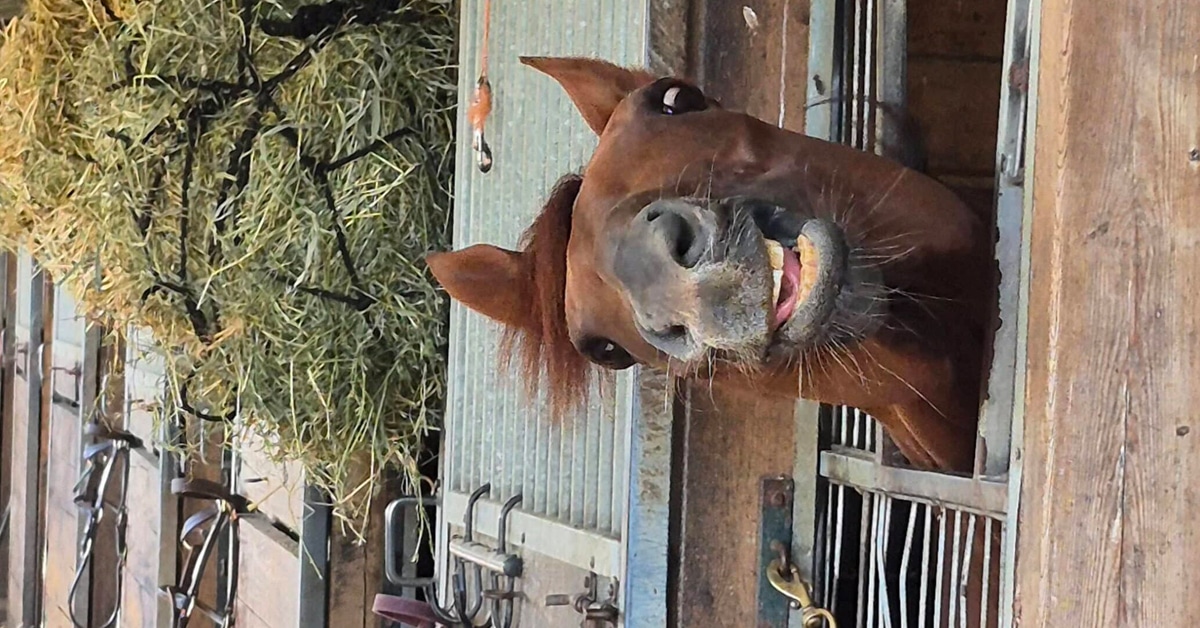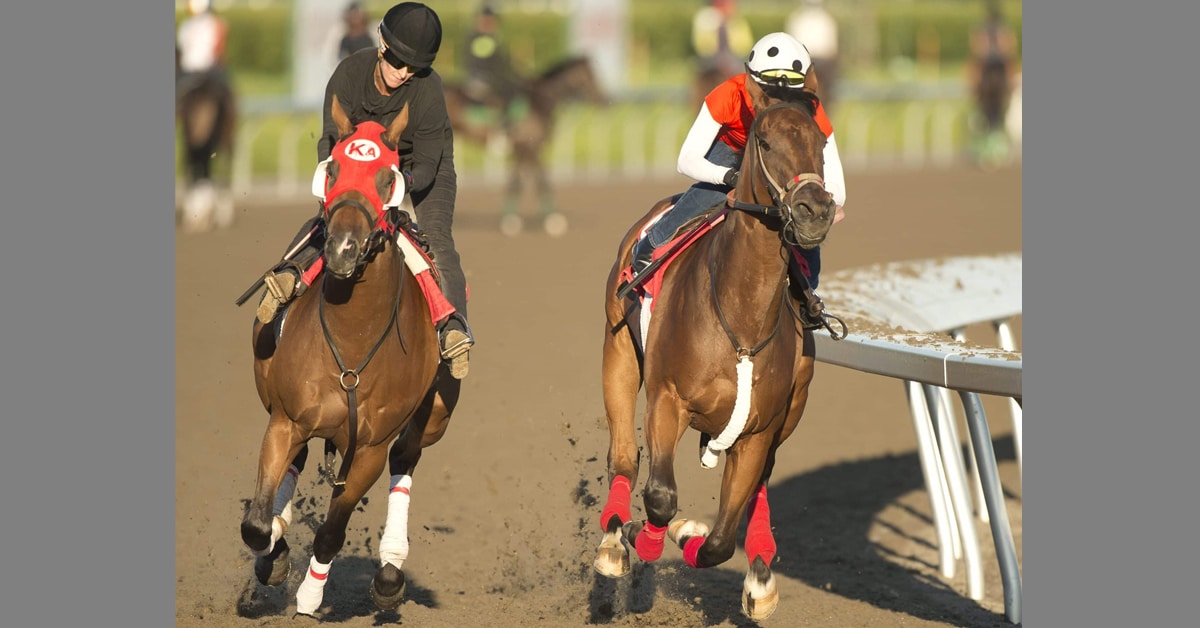Since the Ontario government’s announcement regarding the termination of the Slots At Racetracks (SAR) Program I have been in personal contact with many of our members and would like to thank those of whom I have spoken with for expressing your views and for your support during these challenging times.
For the past three months the Ontario Horse Racing Industry Association (OHRIA) has had a Task Force in place, advised by Stanley Sadinsky, which studied the industry’s future and created a plan for horse racing and breeding in Ontario. The OHRIA Task Force gave in depth consideration to the needs of all stakeholders. It should be recognized that the Plan is not the final picture for Ontario. The Plan is a roadmap to, how in partnership with government, the industry will chart it own course into the future.
The OHRIA Plan asks the government for a $210 million Development Fund which would allow Thoroughbred, Standardbred and Quarter Horse to continue to race but with fewer days. The plan includes 167 days of thoroughbred racing at Woodbine Racetrack and allows for all race tracks, including Fort Erie Race Track, to apply to the fund to operate live racing. Consolidation of the industry and dates was a prerequisite of any sort of government participation.
The Ontario Lottery and Gaming Corporation (OLG) has established gaming zones in the province as part of their modernization plan for gaming; Fort Erie Race Track was not included in any of the 29 gaming zones established by the OLG. The HBPA of Ontario has written a letter to Rod Phillips, President and Chief Executive Officer of the OLG requesting that Fort Erie be added to a gaming zone in South Western Ontario. This would allow the track to participate in new forms of gaming such as a card room, sports book and a bingo hall, even if slots at Fort Erie Race Track are not part of the government’s modernization plan in the future.
In late July the Board of OHRIA approved and submitted the Task Force’s Plan to the OMAFRA panel which was put in place by the provincial government to study the transition funding for the racing and breeding industry in Ontario.
We recently met with Progressive Conservative leader Tim Hudak to pressure him for help to save Fort Erie Race Track and horse racing in Ontario. Once again we ask all HBPA of Ontario members for their continued support during what has proven to be the most difficult time in our sport’s history.
We wish to reassure HBPA of Ontario members and their thousands of employees that the HBPA will continue to lobby to protect the horse racing and breeding industry in this province.
We must impress upon you to please continue to send your personal letters to your local MPPs and to meet with them in their ridings to make sure they understand the value of horse racing in Ontario.
On another matter of great importance to Owners, the Supreme Court of Canada has now released its decision in the case of The Queen v. John Craig concerning section 31 of the Income Tax Act. Section 31 limits the ability of taxpayers to deduct farming losses against other income. Section 31 does not apply to a taxpayer whose chief source of income is farming or a combination of farming and another source. Mr. Craig won his case.
Prior to this decision, the applicable Supreme Court of Canada ruling in the 1978 case of Moldowan was that section 31 would limit a taxpayer where farming was subordinate to the taxpayer’s other sources of income. In today’s decision, the Supreme Court of Canada stated that this was not a correct interpretation of the law. Rather, the Court states that section 31 will not apply to a taxpayer where the farming activity of the taxpayer is a business and not a personal endeavour and where the taxpayer places significant emphasis on his or her farming business. While a definition of “significant emphasis” is not provided, the Court states that one looks at the factors of the capital invested, the income generated, the time spent and the taxpayer’s ordinary mode of living, farming history and future intentions and expectations to determine whether a sufficiently significant emphasis is placed on farming so as to be outside section 31.
Whether section 31 applies to you will depend on your particular circumstances. If you believe that this case is relevant to your tax position, you should consult your own tax advisor.
~ Sue Leslie, HBPA
More News









